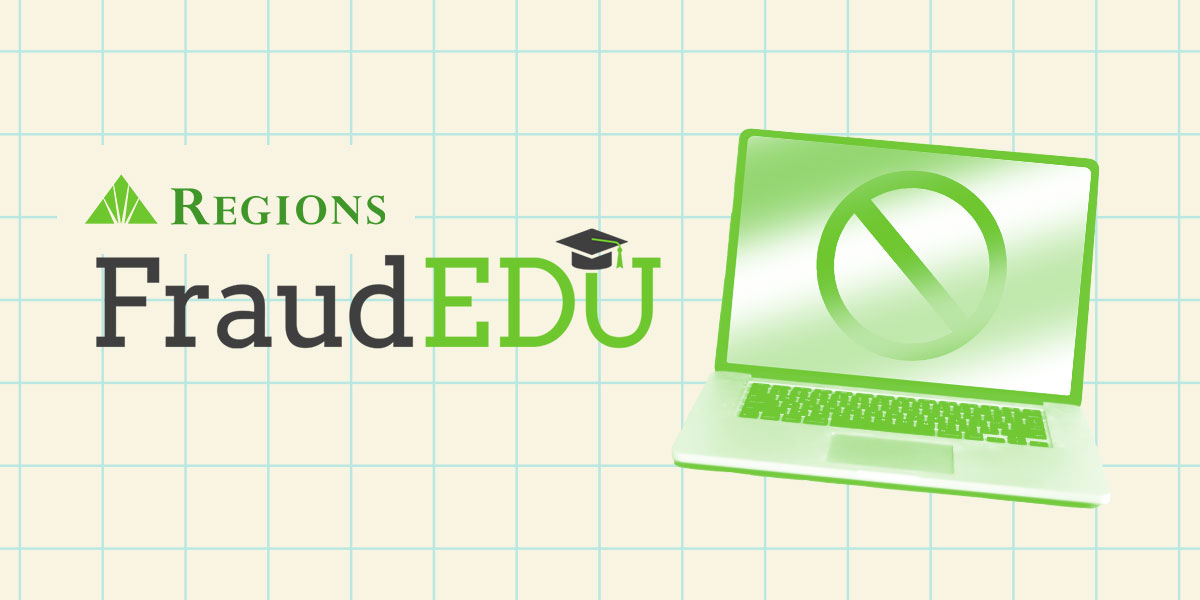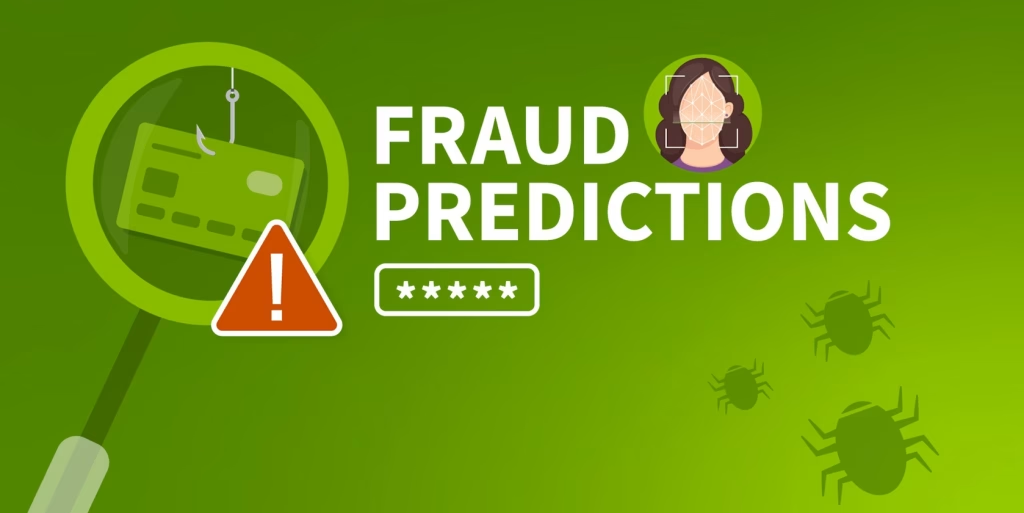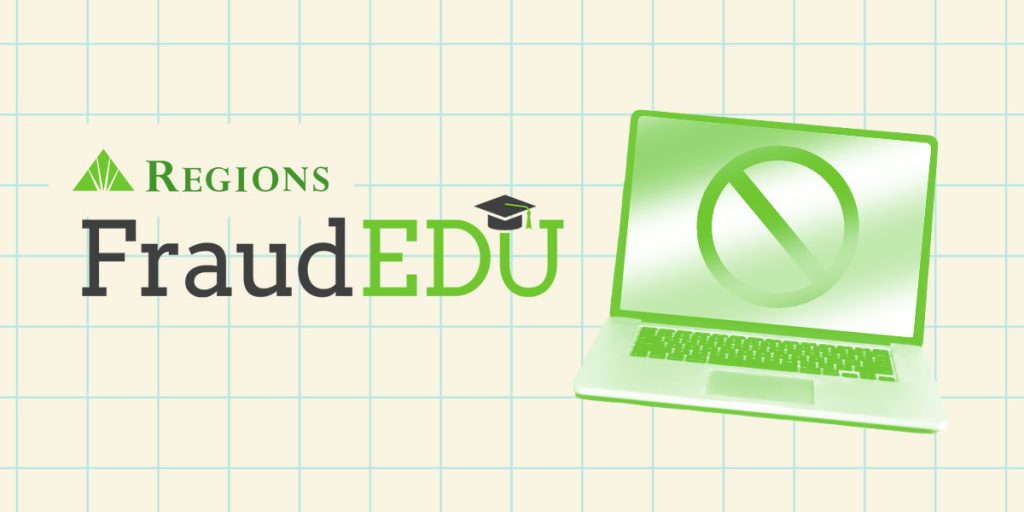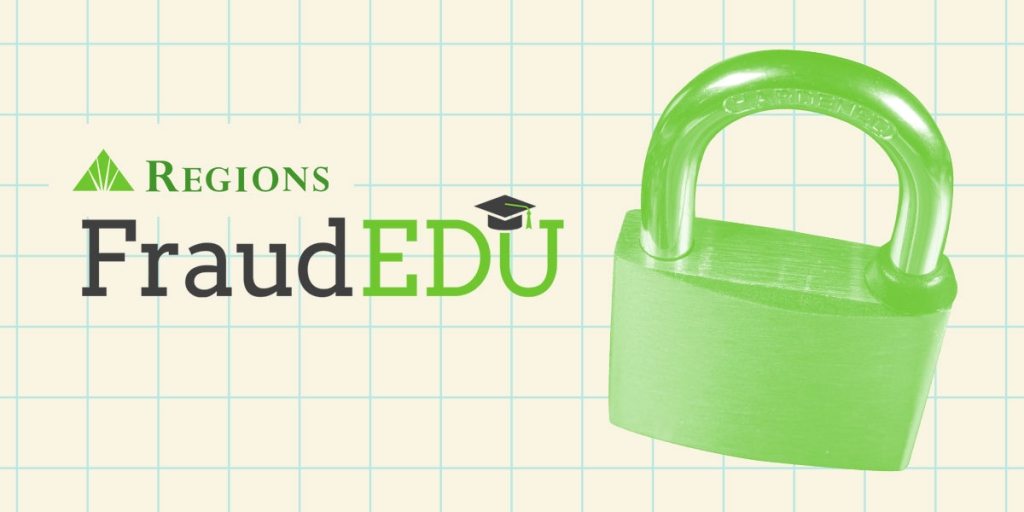October is Cybersecurity Awareness Month – and it’s a great opportunity to refocus on best practices for keeping yourself, your family, and your community safe online.
In an increasingly digital world, we are accustomed to reaching for our devices for convenience in our daily tasks. From online shopping to making payments, technology has made it easier than ever to manage everyday life – but with that ease comes risk.
Cybersecurity requires a level of vigilance, and no one is immune to this responsibility. Everyone – from bank employees to customers and business owners – is on the front lines when it comes to cybersecurity.
“Participating with industry leaders to educate businesses and consumers about the risks of fraud and scams is an important component of communication and awareness,” says Jeff Taylor, head of Commercial Fraud Forensics for Regions Bank. “Everyone must be aware and watchful.”
To combat cybercrime, you need more than one tool or one person; cybersecurity is a collaborative effort. “Fraud mitigation should be a partnership between clients and their financial partner,” Taylor explains. “For example, business clients should review their payment processes to ensure they have the proper controls in place to help prevent becoming a victim. Individual consumers should be wary of unsolicited messages asking for information – and beware that ‘spoofing’ websites often aim to trick people into thinking they’re on the website of a legitimate bank or other business. Pay attention to URLs, and make sure you’re only dealing with reputable companies on their verified websites.”
You don’t have to be a cybersecurity expert to help stay safe online – but you do need to follow a few best practices. Regions’ cybersecurity professionals share tips for protecting yourself and your family from cyber threats:
Verify. If you have a question about the authenticity of a message, verify. Call the company (not a number in the message) or use a published number to contact the sender. If you have a question about the authenticity of a message, implement Stop-Call-Confirm to verify.
Protect. Don’t share passwords or credentials with anyone.
Refresh. Change your password; refresh your passwords frequently. Utilize a password manager to generate strong and unique passwords to websites.
Authenticate. Use multi-factor authentication; it adds another layer of security. Use it when offered. For business payments, implement a dual control process for payments, where a second person will review and approve the payment prior to it being released.
Lastly, is cybersecurity something you can “set and forget”?
“Absolutely not,” says Jeff Taylor. “Fraudsters are constantly changing their attack vectors, so it’s vitally important that mitigation protocols be kept up to date, and operating systems be regularly patched with the latest versions.” Fraudsters aren’t taking breaks; vigilance is a must.
Additional Resources:
#BanksNeverAskThat: 4 Signs That Email is a Scam
Cyber Safety First
4 Tips for Stronger Passwords










